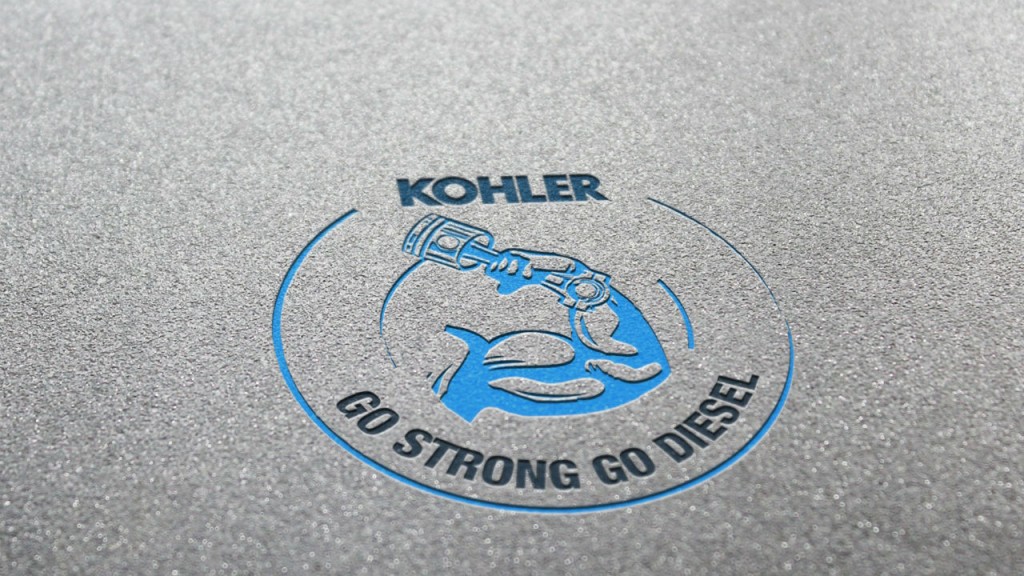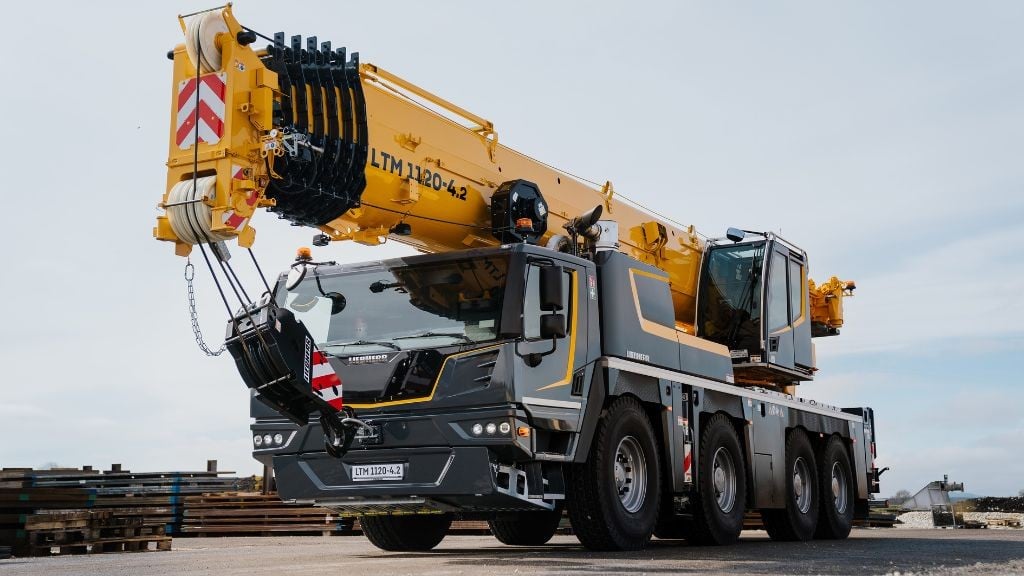
Recently, manufacturers of both on-road and off-road diesel engines have come under scrutiny as significant contributors to high pollution levels, especially in urban areas. However, as President of the Diesel division of off-road engines at Kohler Co., I would like to provide some additional context to demonstrate how diesel technology has improved significantly over the years and how the technology continues to have a bright future in the off-road sector.
Both diesel equipment manufacturers and the end users they serve continue to seek high performance, compact and modular engines with low cost of ownership. These evolving market requirements have been an invisible force that has pushed engine manufacturers to constantly upgrade the technology they provide to be more efficient and deliver better overall performance.
At the same time, off-road diesel engine manufacturers have been working closely with environmental agencies, both in Europe and the U.S., to define and release new emissions regulations for cleaner skies. The latest step in EU regulations (Stage V) requires diesel engines to adopt aftertreatment systems, namely Diesel Particulate Filters, that reduce drastically the number of particles emitted by internal combustion. With these new systems, Stage V off-road diesel engines have fewer particles in their exhaust than the air present in most cities. They are clean!
The challenge for diesel engine manufacturers has been how to meet evolving market requirements to stay relevant for manufacturers and end users while also developing engines that comply with increasingly stringent emissions regulations. This challenge has required huge investments in terms of time, money and other resources. Unfortunately, the off-road sector has also been included in the recent public scrutiny of on-road vehicles, even though our sector is separate from the automotive market, with a different set of regulations and technical challenges.
One of the main reasons for the recent uproar against diesel engines is that the emissions levels of vehicles on the road can be much greater than what is measured in the lab. In case of off-road machinery, the emissions test cycles reflect very closely the actual duty cycle, therefore, the emissions measured in the lab are in line with the real-life operation of the machinery.
Over the past 20 years, the different stages of emissions regulations progressively reduced the environmental impact of diesel engines. NOx and particulate matter released into the air has been reduced by nearly 90 percent. Meanwhile, the performance of diesel engines for off-road applications has only improved and has helped to enhance a wide variety of construction and agricultural equipment all around the world.
Many alternative technologies have been presented recently as the "next-step" when it comes to minimizing emissions from off-road equipment. But, it is very important to thoroughly analyze each of these alternatives before jumping on board to blindly support the newest options.
While reducing environmental impact is very important for all industries, when it comes to alternative engine technologies, we must make sure they address the root cause of emissions rather than simply move the impact further down the product life cycle. We must all continue to look at the bigger picture and exercise critical thinking when considering the possible paths to a cleaner environment, especially in terms of CO2.
For the foreseeable future, I believe highly-efficient diesel technology will continue to be the best possible solution for the industrial powertrain. At Kohler, we remain committed to doing our part with passion and integrity for the benefit of equipment manufacturers, end users, and the global environment that we all share.



